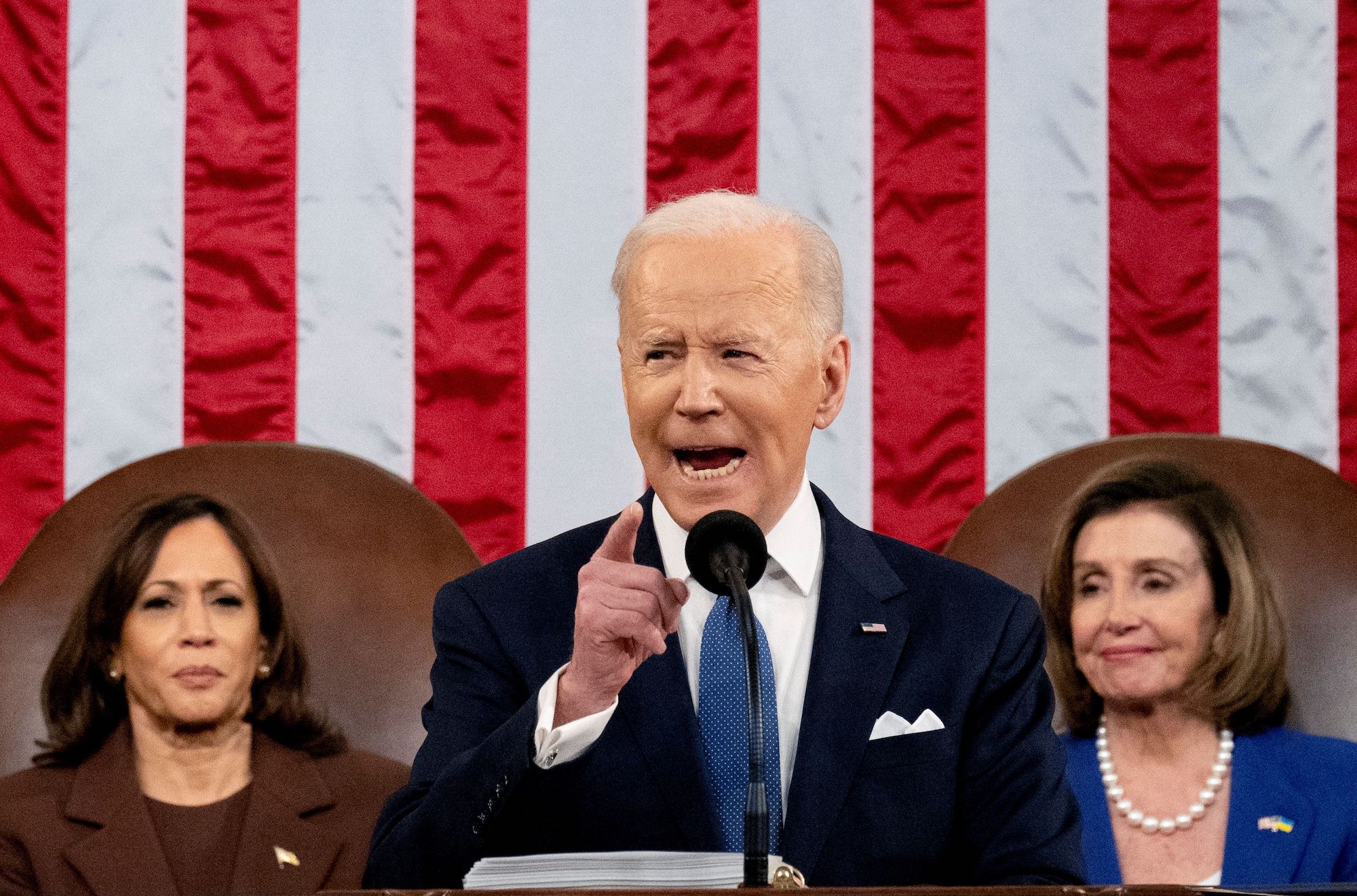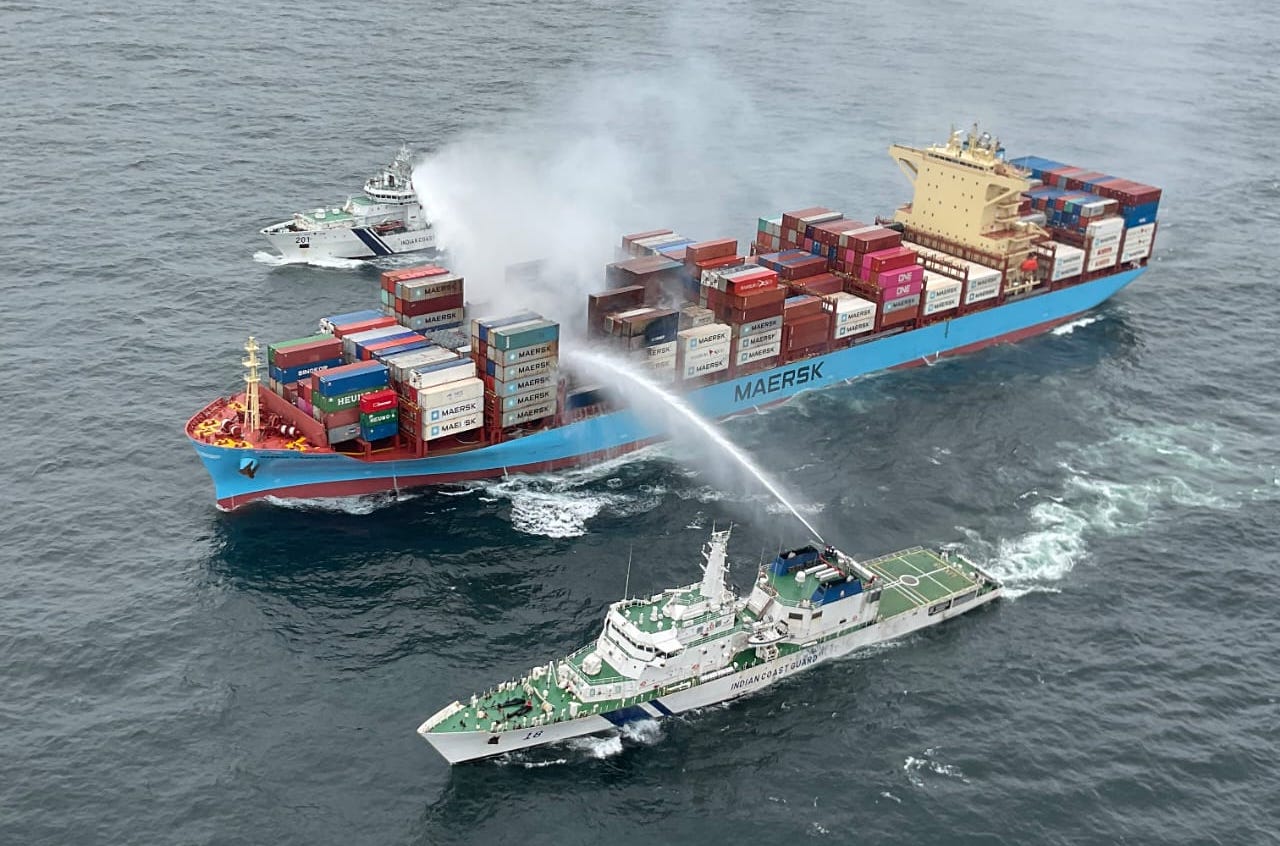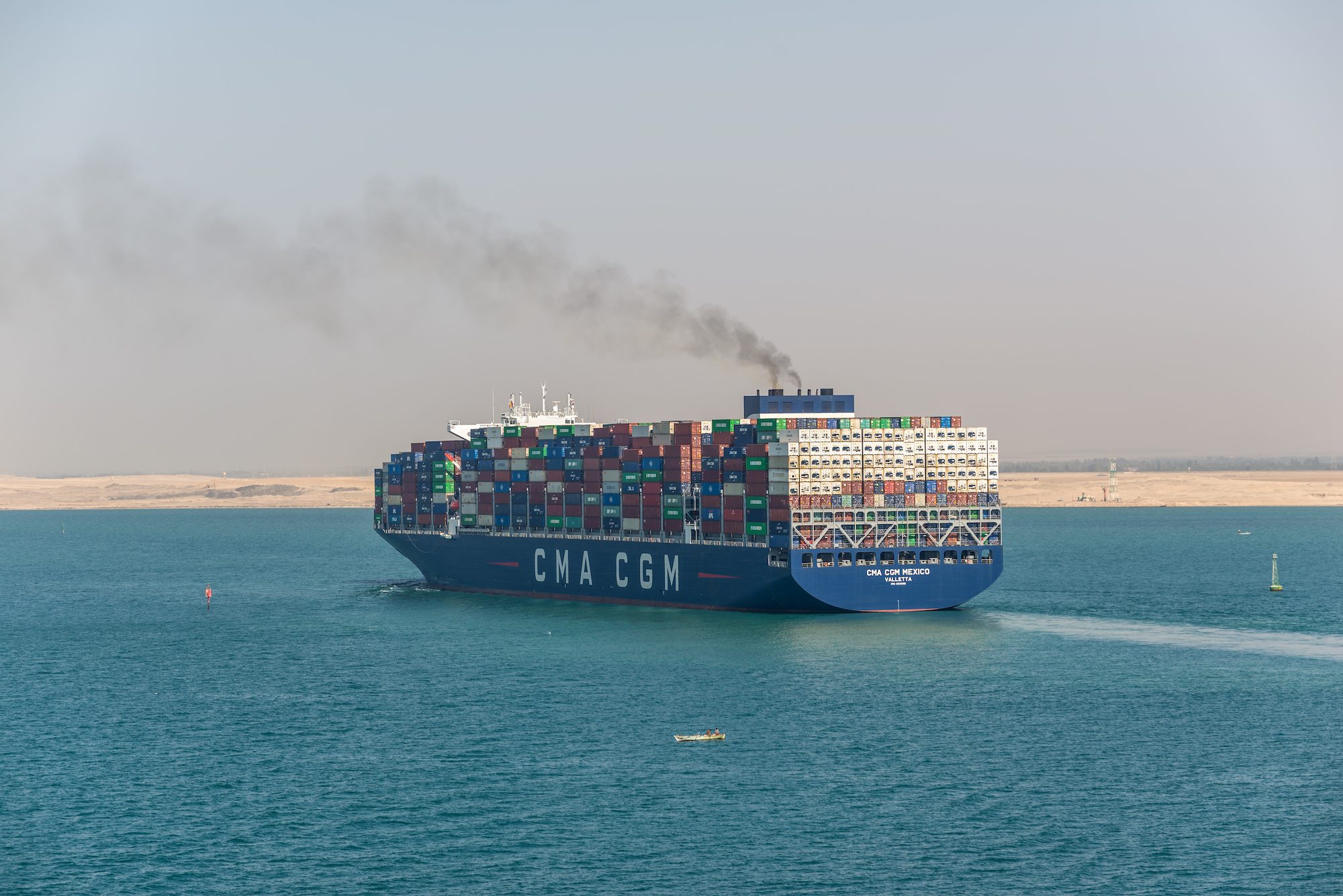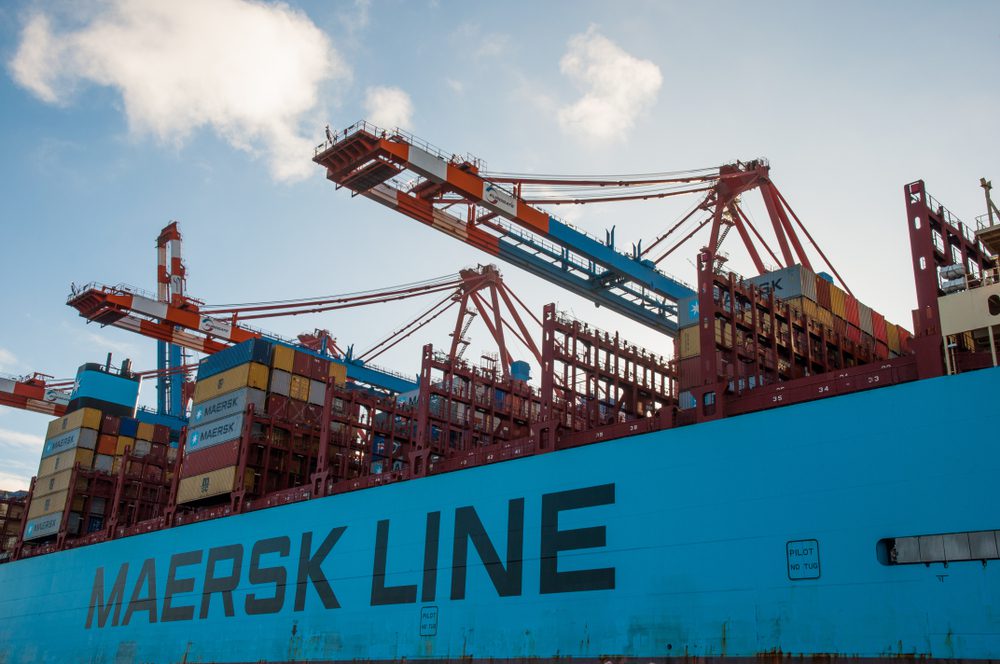During last night’s State of the Union address, President Biden took aim at ocean carriers while speaking about “capitalism without competition” being responsible for driving up prices for American consumers and businesses.
In the lead up to the address, the White House on Monday issued a Fact Sheet about lowering prices and “leveling the playing field in ocean shipping,” pointing out that just three global carrier alliances made up of foreign-owned shipping lines (also known as vessel sharing agreements) control the vast majority of global container ship capacity and almost all of international ocean freight to and from the U.S.
These three alliances—named 2M, THE Alliance and OCEAN—were approved in 2014 and 2016 by the Federal Maritime Commission (FMC), the federal regulator responsible for overseeing international liner shipping, after lengthy review processes which determined that the alliances would not harm competition in the marketplace. The alliances, as approved, permit their members, which include the world’s largest shipping companies, to share vessels, charter and exchange space on each other’s ships, and enter into cooperative working arrangements in international trade lanes.
Now it should be noted that upon their approval, the container shipping industry was in the depths of a historic downturn that forced massive changes and consolidation within the sector as carriers sought to increase efficiency. You may recall the 2016 collapse of South Korea’s flagship carrier Hanjin Shipping, the seventh biggest shipping line at the time—an event that has been compared to the collapse of Lehman Brothers.
While these actions helped the industry had bounce back from mid-decade lows, it was the pandemic-induced supply chain disruptions and soaring consumer demand that really caused business to pick up in the sector. We’ve discussed the these issues ad nauseam here on gCaptain, including the billions of dollars in profits that carriers are reaping, historic port congestion, tight ship capacity, and soaring freight rates driving up prices for shippers, while also driving down service and schedule reliability.
These events have thrust container shipping to the forefront of public view and, for once, it’s carrier profits (not losses) that are turning heads in Washington and beyond.
“When corporations don’t have to compete, their profits go up, your prices go up, and small businesses and family farmers and ranchers go under,” said President Biden during last night’s State of the Union address. “We see it happening with ocean carriers moving goods in and out of America. During the pandemic, these foreign-owned companies raised prices by as much as 1,000% and made record profits. Tonight, I’m announcing a crackdown on these companies overcharging American businesses and consumers.”
That crackdown was alluded to in the White House Fact Sheet, specifically the expansion of a partnership between the Department of Justice and the FMC to enforce U.S. shipping laws and collaborate on anti-competitive behavoir in the sector. But despite inquiries by the FMC into these matters, so far there has been no discovery of wrongdoing—meaning these carrier alliances are, as far as we know, operating within the scope of the law.
In recent days, the World Shipping Council, the trade group representing international liner shipping companies, has been vocal against President Biden for “demonizing” carriers that have continued to operate at unprecedent levels during the pandemic and fighting back against claims that the container shipping industry highly concentrated and uncompetitive.
“Here are the facts: container shipping is a competitive industry with multiple ocean carriers actively challenging one another in the global marketplace and on the shipping lanes most relevant for U.S. trade,” said John Butler, President and CEO of the World Shipping Council, in response to the SOTU address. “It is disappointing that unfounded allegations are being levied against an industry that is moving more cargo right now than at any time in history in order to meet the unprecedented demand for imported goods during the pandemic.”
“The truth is that with demand for ocean transportation services into the U.S. at record levels, market dynamics are influencing prices – not carrier alliances,” added Butler. “These vessel sharing agreements (VSA) are purely operational compacts that enable carriers to share space on one another’s ships, which increases efficiency and supports more service to more ports than would otherwise be the case. Importantly, the operational agreements do not include commercial cooperation. Each member of a VSA or alliance determines its own commercial terms, including prices, which are not discussed between alliance members. Every VSA is filed, reviewed, and continuously monitored by the FMC.”
Assuming that the alliances are operating within the law, it could be up to Congress to make legislative changes to address problems in the ocean shipping industry, such as soaring costs and ensuring sufficient capacity for American exporters.
In that White House Fact Sheet, the President made a call to Congress to “pass robust reforms to the ocean shipping industry, including reforms that address the current antitrust immunity for ocean shipping alliances.”
In recent months, bipartisan legislation to reform ocean shipping has been making its way through the House and Senate, but some experts say the reforms will only exacerbate problems and raise costs even more.
“The legislative proposals currently before Congress would upend the global transportation system, reducing service for U.S. importers and exporters and raising costs for American consumers and businesses,” said Butler. “We urge the administration and Congress to enact measures that will relieve the current congestion and set America’s supply chain up for long-term success.”
So where we go from here is anyone’s guess. But what we do know is that the international container shipping industry will be under increased scrutiny by U.S. authorities, any malfeasance will be prosecuted, and lawmakers may or may not pass reforms that may or may not help the matter. The top ocean carriers serving the U.S. market (including Maersk, MSC, CMA CGM, COSCO, Hapag-Lloyd, ONE, Evergreen, HMM and Yang Ming) have been put on notice.
Another thing we know: the nation’s ports are still congested as we head into Spring, meaning that barring a sudden unforseen collapse in consumer purchasing, we could be in for another year of Christmas at risk.
Sign up for our newsletter

 Join The Club
Join The Club













